I’ve always been the staple bookworm. I have hundreds of books on too many bookshelves, an ever-growing want-to-read list and I’m always itching for time to escape into the next chapter of my fantasy getaway.
I knew how to enjoy a book. I loved that enjoyment. I thought I had reached the peak of book enjoyment.
That is, until I took Ms. Jennifer Blessington’s AP English Language and Composition class last year.
The curriculum focused on reading books through the lens of social class, something I had never done before. From the memoir “Maid” to the classic “The Great Gatsby” to the nonfiction “The Autobiography of Malcolm X,” we took each text and analyzed the characters’ circumstances and decisions as a class in seminar-style discussions, going beyond the book to apply themes to real-world contexts. It was eye-opening to not only hear my classmates’ thoughts on such convoluted topics but also to develop my own thoughts to such depths in an academic setting.
Ms. Blessington’s class just wasn’t what I expected out of school, and I realized that I had not just read these books for their plots but also for the lessons and perspectives each conveyed through their writing. Reading this way changed what I expected of myself.
I’ll use “The Catcher in the Rye” by J. D. Salinger as an example. A literary classic that follows 16-year-old Holden Caulfield as he recounts the events leading to his expulsion from a preparatory school. The book seems widely hated among our generation for Holden’s selfish arrogance and immaturity.
But zoom out a bit, and “The Catcher in the Rye” becomes an opportunity to dive into the psychological state of readers who related to Holden when the book was written in the 1950s and of those who still do. Holden’s era informs the decisions of the generation holding the most political power in our country, so understanding that era is crucial to understanding our politics. As our politics become more and more partisan, it becomes more evident how crucial it is that we understand different perspectives. By reading critically, I developed skills like understanding complex motivations and holding compassion for those I disagree with – both of which are essential for participating in and settling debates.
Another example is “Firekeeper’s Daughter,” a fictional novel by Angeline Boulley following a modern Native American girl as she navigates community tensions and works with the FBI to uncover how drugs are entering her town. The overarching plot is cool, but what really makes this book beautiful is when you can read it to understand the underlying themes of colorism, racism, sexual assault, drug abuse and the oppression of women and Natives. Through this book, I better understood the modern indigenous experience and the impact discrimination can have on a community.
We need to consume literature to have our minds changed, our perspectives broadened and our compassion deepened.
And yes, I mean literature at its very broadest definition: a piece of writing with “artistic merit.”
Too often we minimize literary value to text, when in reality we gain a great skill in being able to absorb and analyze all forms of media: videos, films, plays and songs. And yes, all of those I would consider to be literature.
The International Baccalaureate, an academic program recognized for its rigor and emphasis on critical thinking, thinks so too. The IB literally requires its higher-level English students to analyze and compare and contrast a textual and visual excerpt. For example, in the Academy Award-winning movie “Moonlight,” I uncovered deeper themes like love, rejection, self-loathing and redemption, and I applied those themes to our world by bringing deeper compassion into my interactions.
I am analyzing movies for my English class, and it is just as academically rigorous as analyzing a book because I am forcing myself to get more than just a good viewing experience out of it.
And this practice should not be restricted to rigorous curricula. It should be the norm.
Literacy rates are a commonly-used indicator of education levels in a country. However, the definition of “literacy” through a human development lens only covers one’s ability to read and write. Literacy is so much more than that. It covers knowing how to digest and form ideas from media and communicate those ideas in a thoughtful way.
Our 6-12 English classrooms need to focus on building these kinds of literacy skills in addition to basic writing skills. Books, plays, movies, TV shows, songs and more from across history are the perfect tool to foster deeper discussion about complex topics both within and beyond the classroom. Teaching students how to interact with, be influenced by and engage in discourse about cultural materials, even those with which they don’t agree, ensures that we have a healthy democracy.
But we as students can’t control what is taught to us in classrooms. What we can do, though, is control what we teach ourselves.
Practice evaluating your biases and thinking about how literature challenges them. Think about the message creators convey through their art, and consider how they apply to the world and your perspective on the world.
So, even if you hate books, apply this new mindset to your media consumption experiences in general. Kendrick Lamar’s lyricism is an art to be studied, and the cinematography of the film “Interstellar” is just absolutely beautiful.
These pieces of literary genius won’t not fall into your lap, either. On the contrary, many are getting banned. There were 1,247 demands across the U.S. to censor library books and resources just in 2023.

This means you’ll have to find these pieces yourself.
Seek out pieces with that subjective “artistic merit.” Turn your brain on all the way when you go see that movie at the theater. Turn the volume a little higher when you play that song. Think about that book for a bit longer after turning the last page.
Don’t just be open to transformation. Yearn to be transformed by the literature you consume.



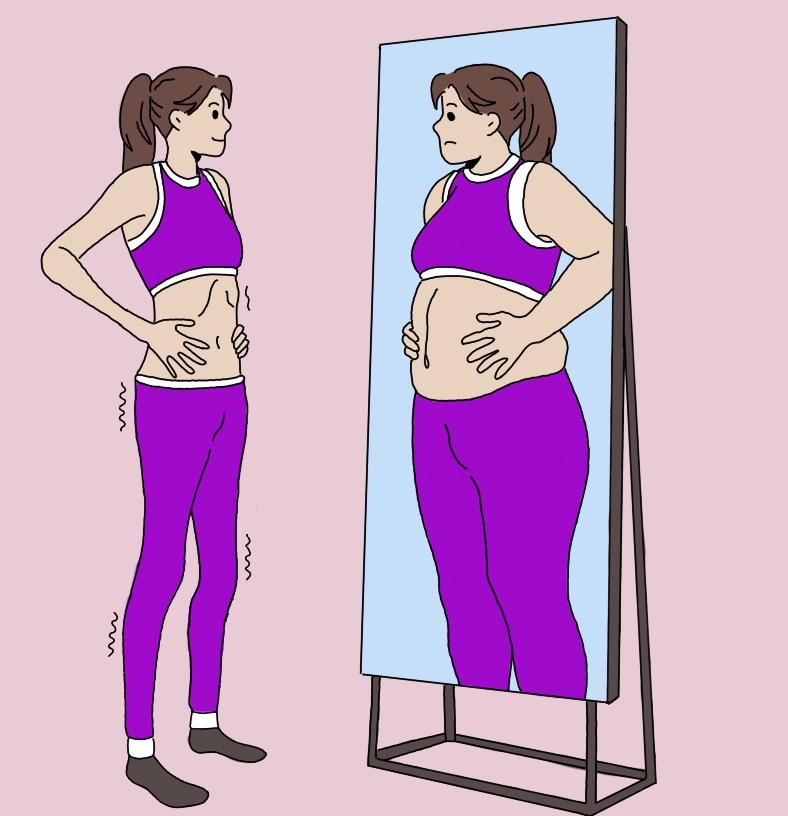
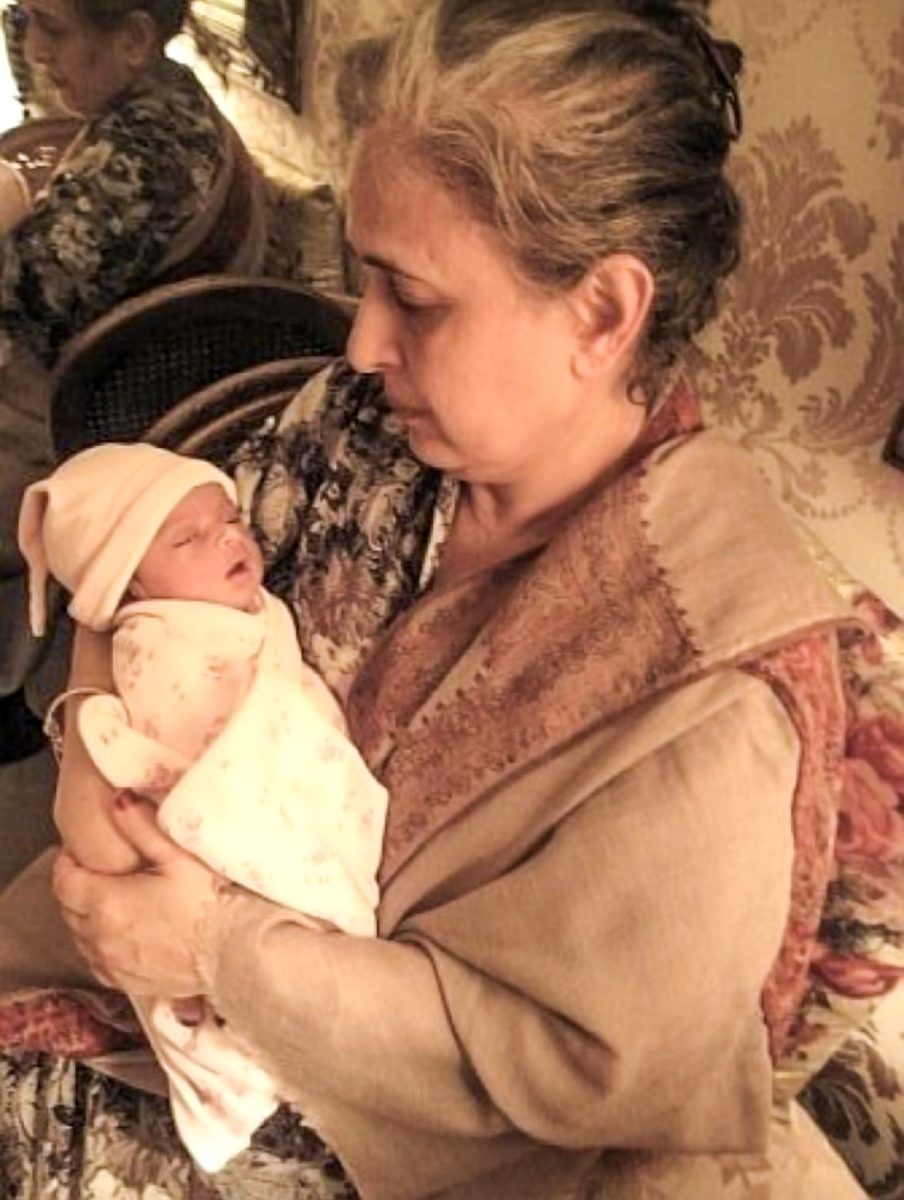
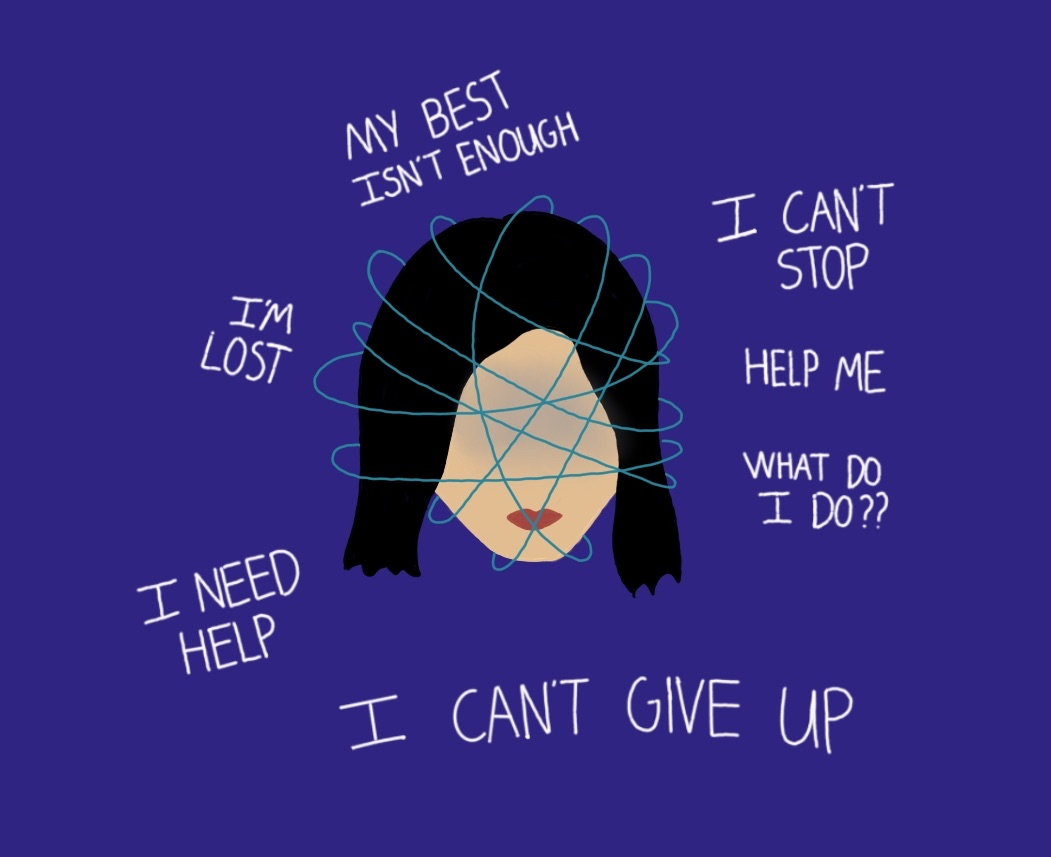
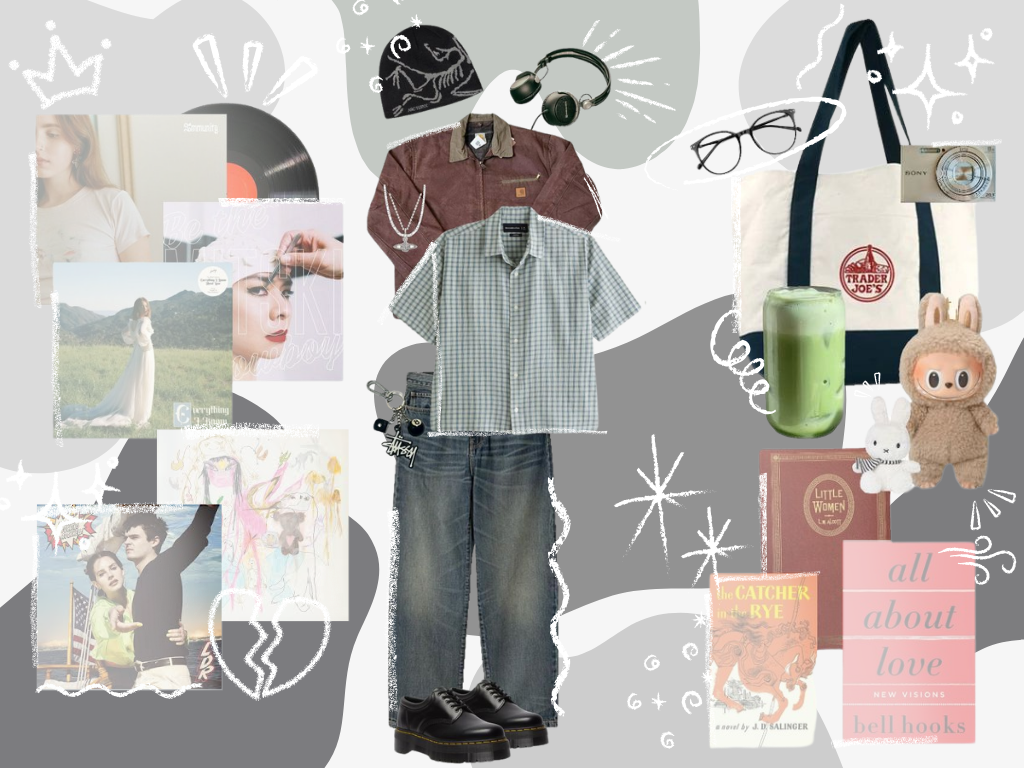
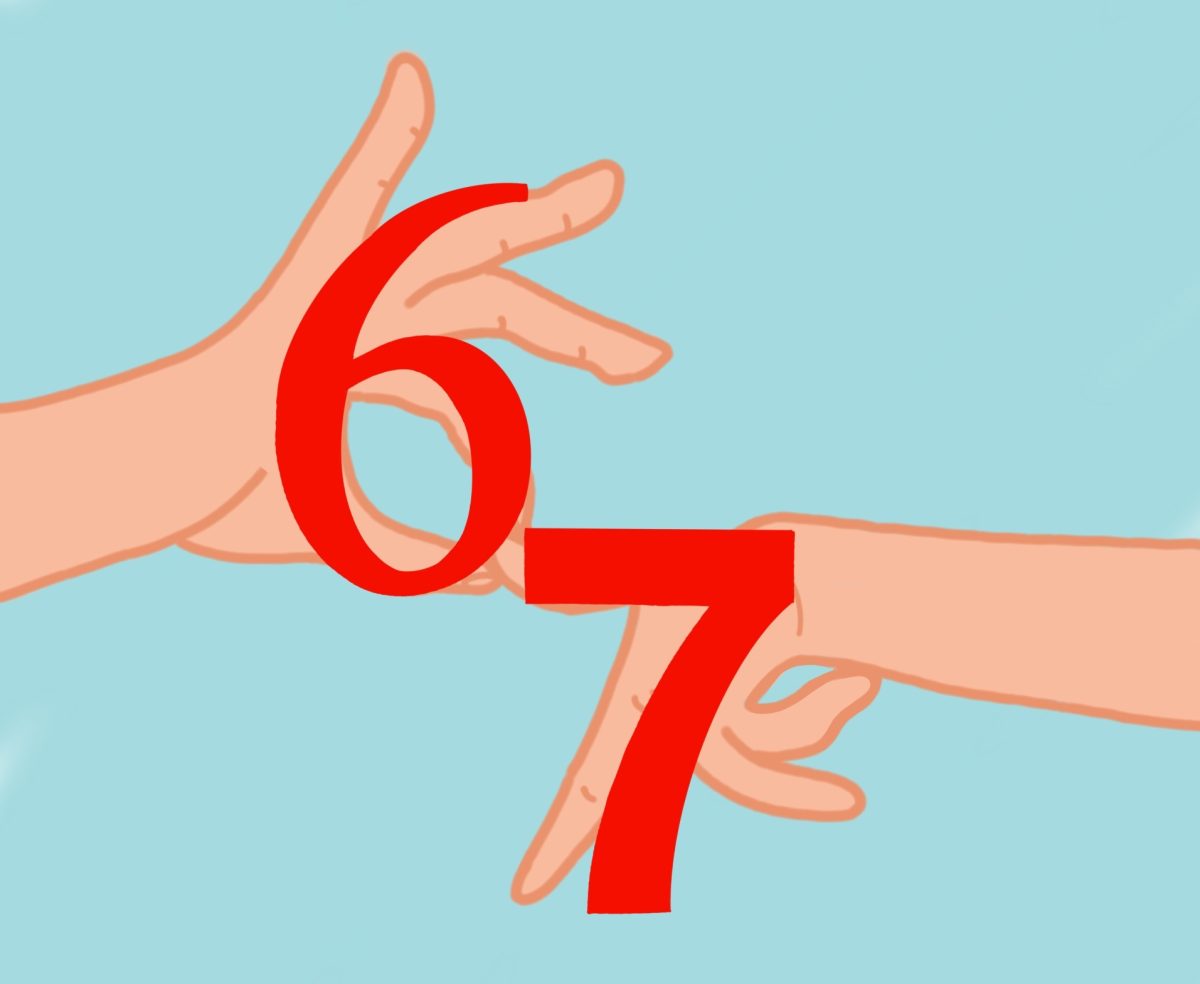

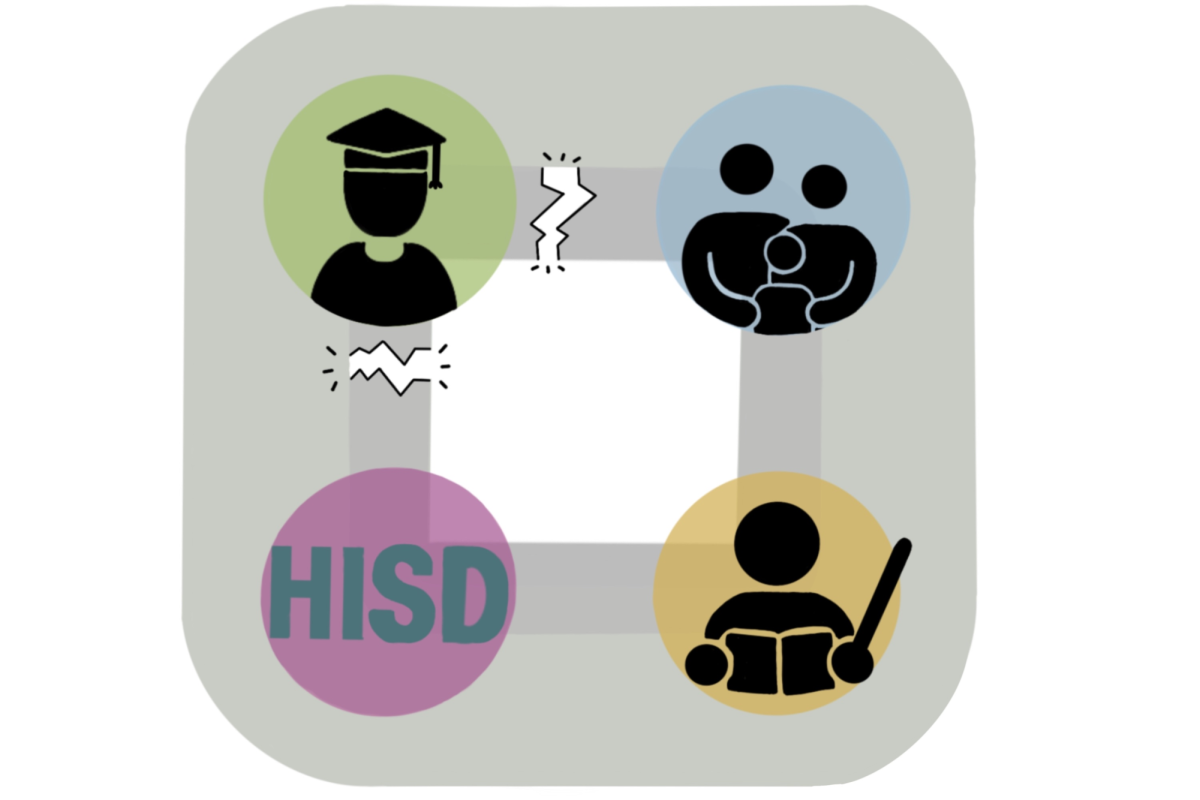
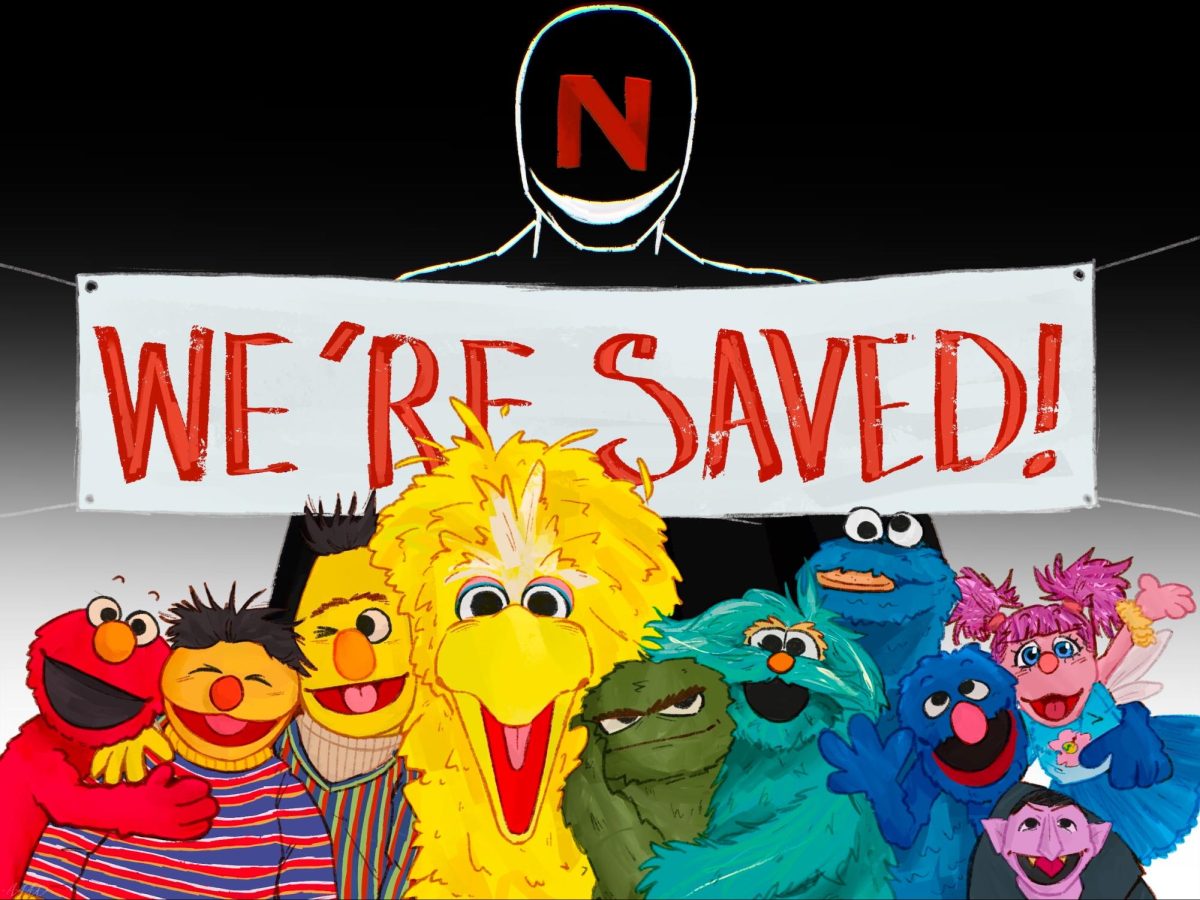
Davis • Apr 16, 2025 at 11:05 am
Mr. French sure has a good taste in music, great story Claire
Alexander Tang • Apr 11, 2025 at 10:16 pm
It was actually so cool to see the teacher responses
Haset • Apr 11, 2025 at 4:48 pm
Yay Claire! Great job!
Angel Harper • Apr 11, 2025 at 11:36 am
Such an interesting perspective.
Andrew • Apr 11, 2025 at 9:35 am
AP Lang was a nice class